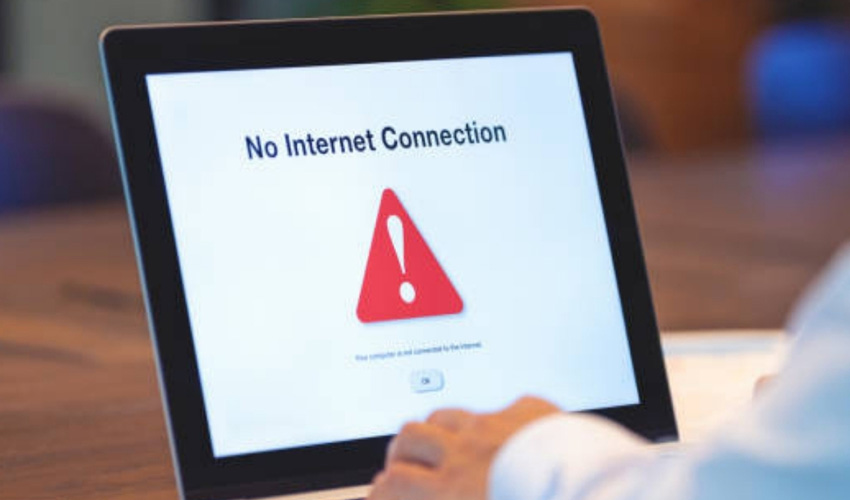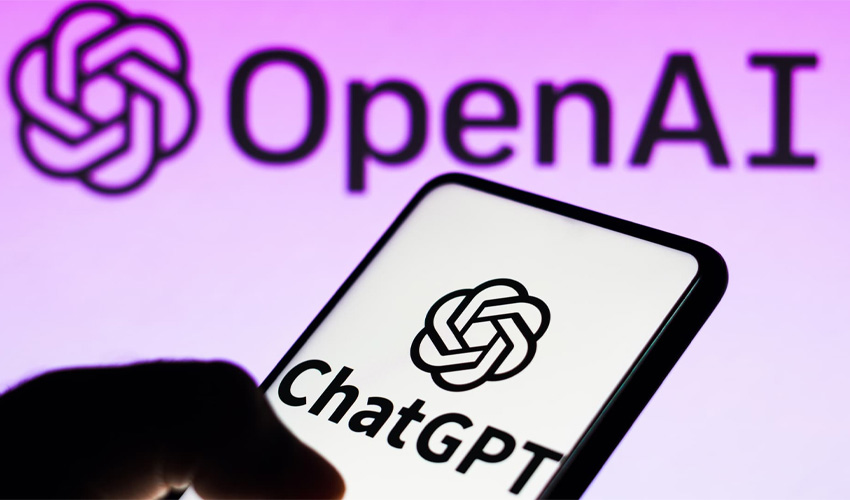Internet users across Pakistan, including Karachi, Islamabad, Lahore and Rawalpindi are experiencing slow speeds causing widespread frustration and disrupting daily activities.
Popular social media platforms such as Facebook, Instagram, and WhatsApp have been particularly affected, with many users unable to upload or download photos and videos.
According to reports, the disruptions have forced users to rely on Virtual Private Networks (VPNs) to access social media platforms. However, VPN services are also reportedly down in several areas, compounding the problems faced by freelancers, businessmen, and students.
Citizens have expressed significant concern over the situation, with browsing and WhatsApp downloads virtually non-functional in many regions. "I can’t run my online business effectively," said a Karachi-based entrepreneur who relies on WhatsApp for client communication.
Minister attributes issues to security concerns
Minister of State for Information Technology Shaza Fatima has attributed the disruptions partly to the blocking of the social media platform X (formerly Twitter) on the instructions of the Ministry of Interior.
She clarified that the platform is used by less than 2% of Pakistan’s population, and its closure does not infringe on freedom of expression.
“Cybersecurity threats are a daily reality in the country. Where national security is concerned, the Ministry of Interior directs the Pakistan Telecommunication Authority (PTA),” she stated.
Students and professionals hit hard
The slow internet speed has also caused severe problems for students scheduled to retake the Medical and Dental College Admission Test (MDCAT). Candidates have reported difficulty accessing the Sindh Testing Service (STS) website, which has delayed the issuance of admit slips.
“Our candidate portals haven’t been updated, and we haven’t received any notifications or emails about the slips,” complained one student from Sukkur. Others have reported that the STS helpline is unresponsive, leaving them in limbo.



























